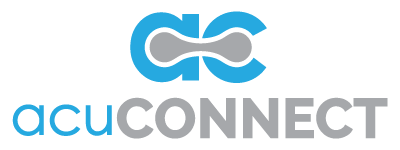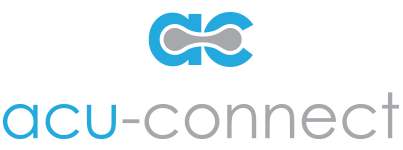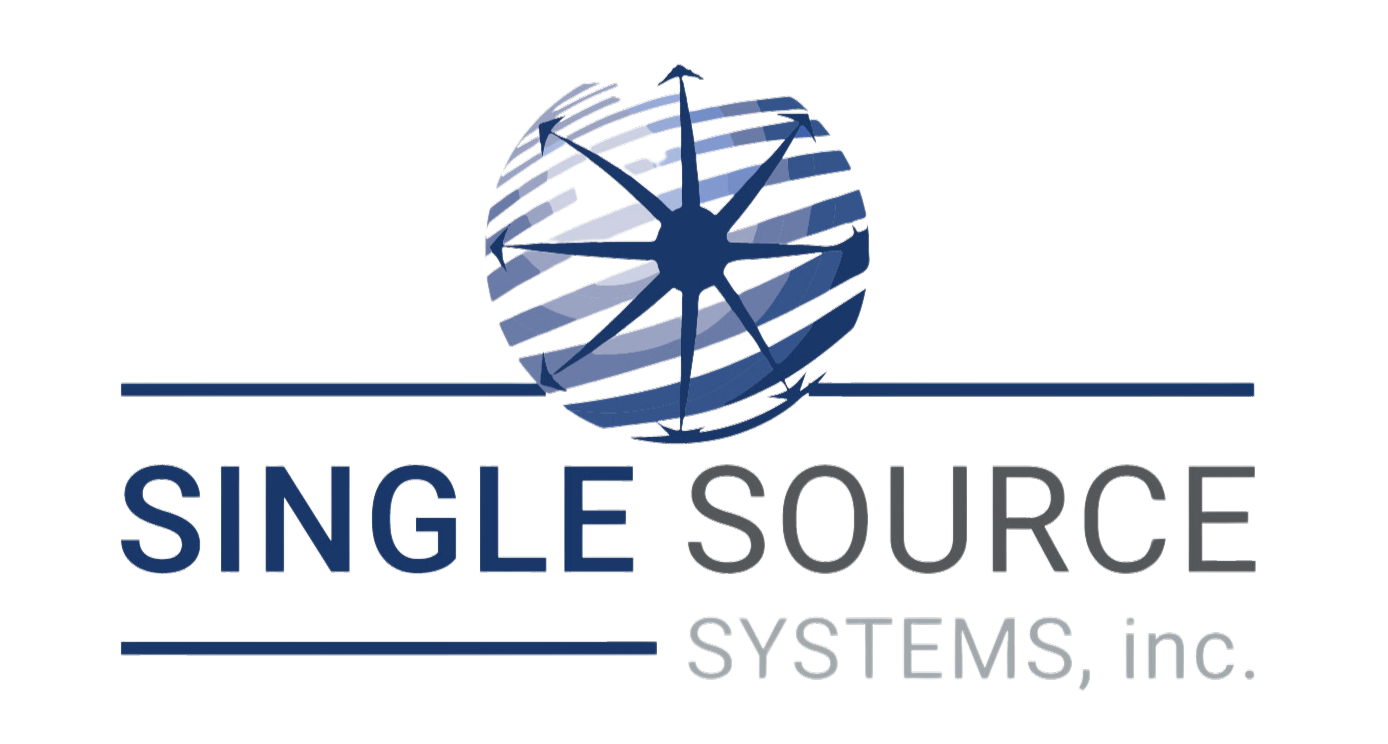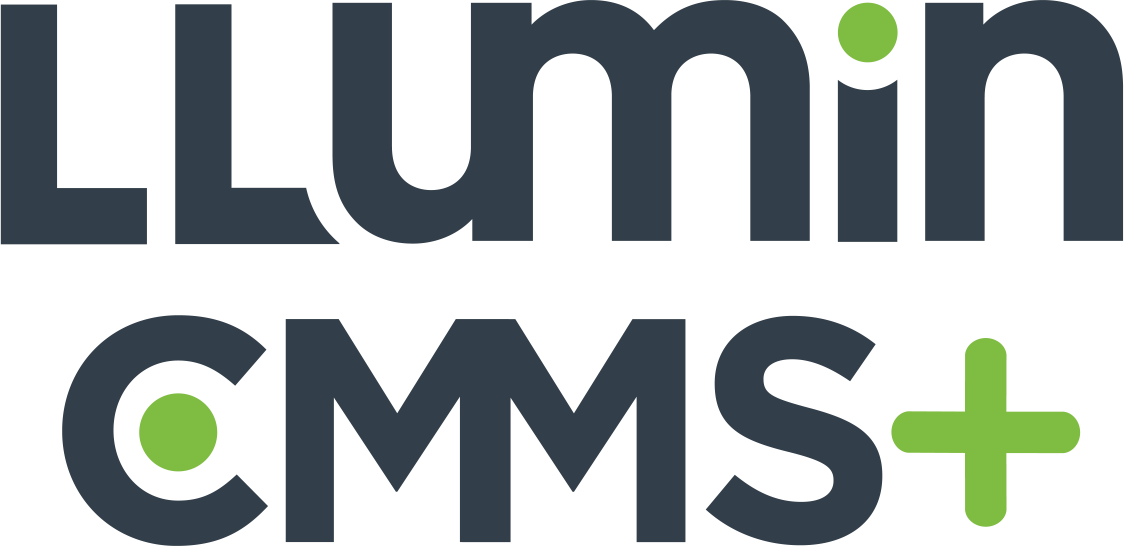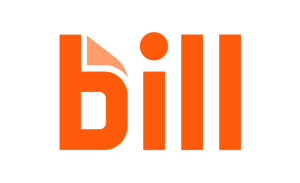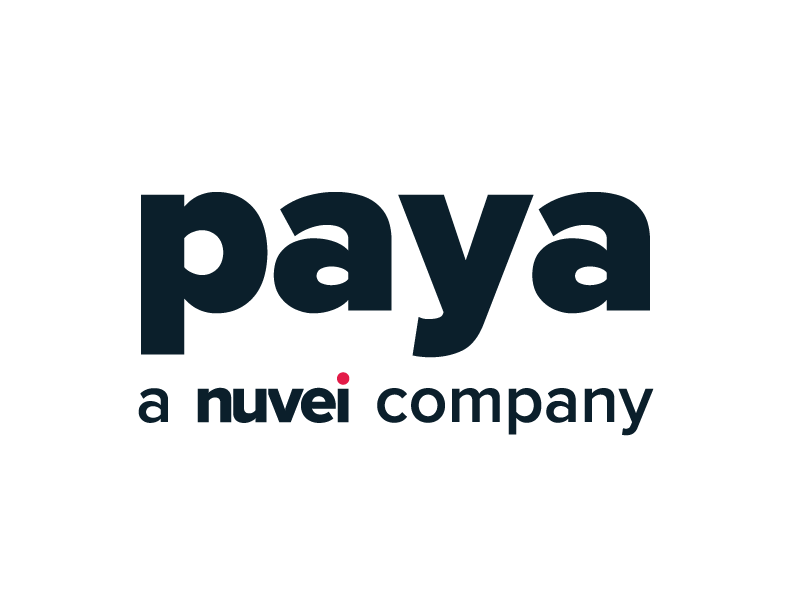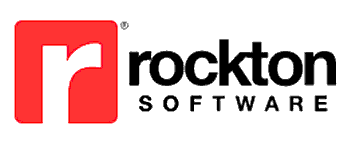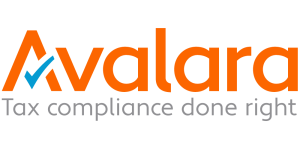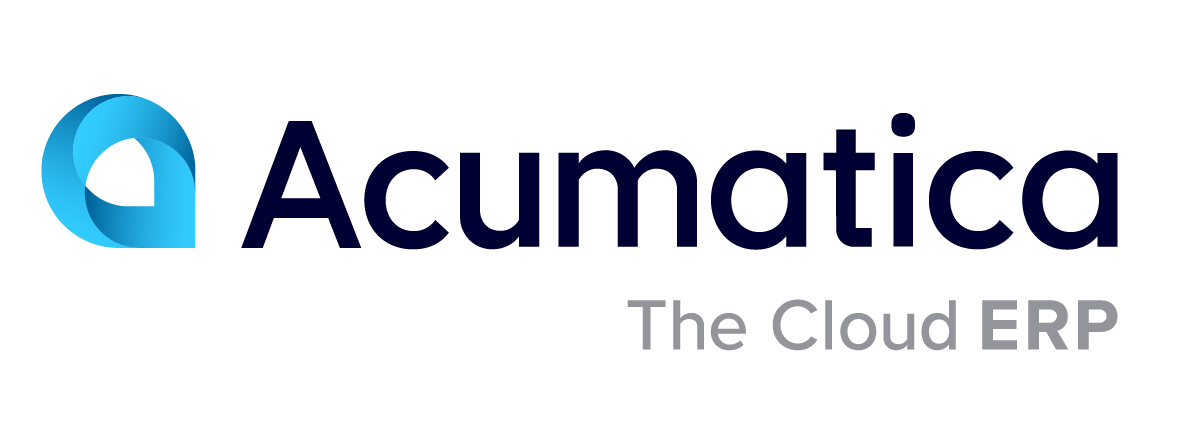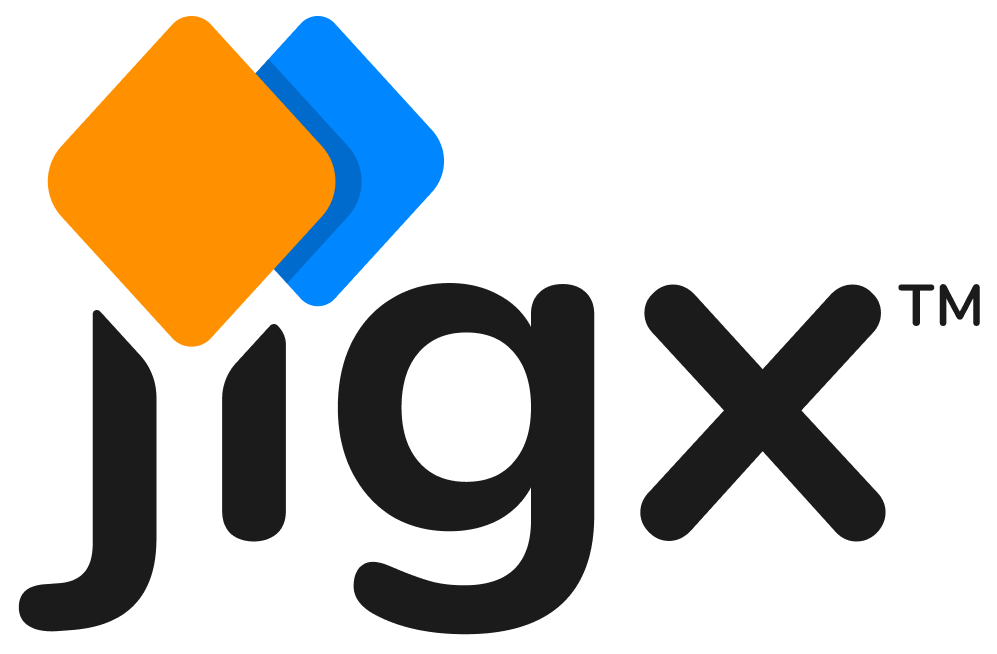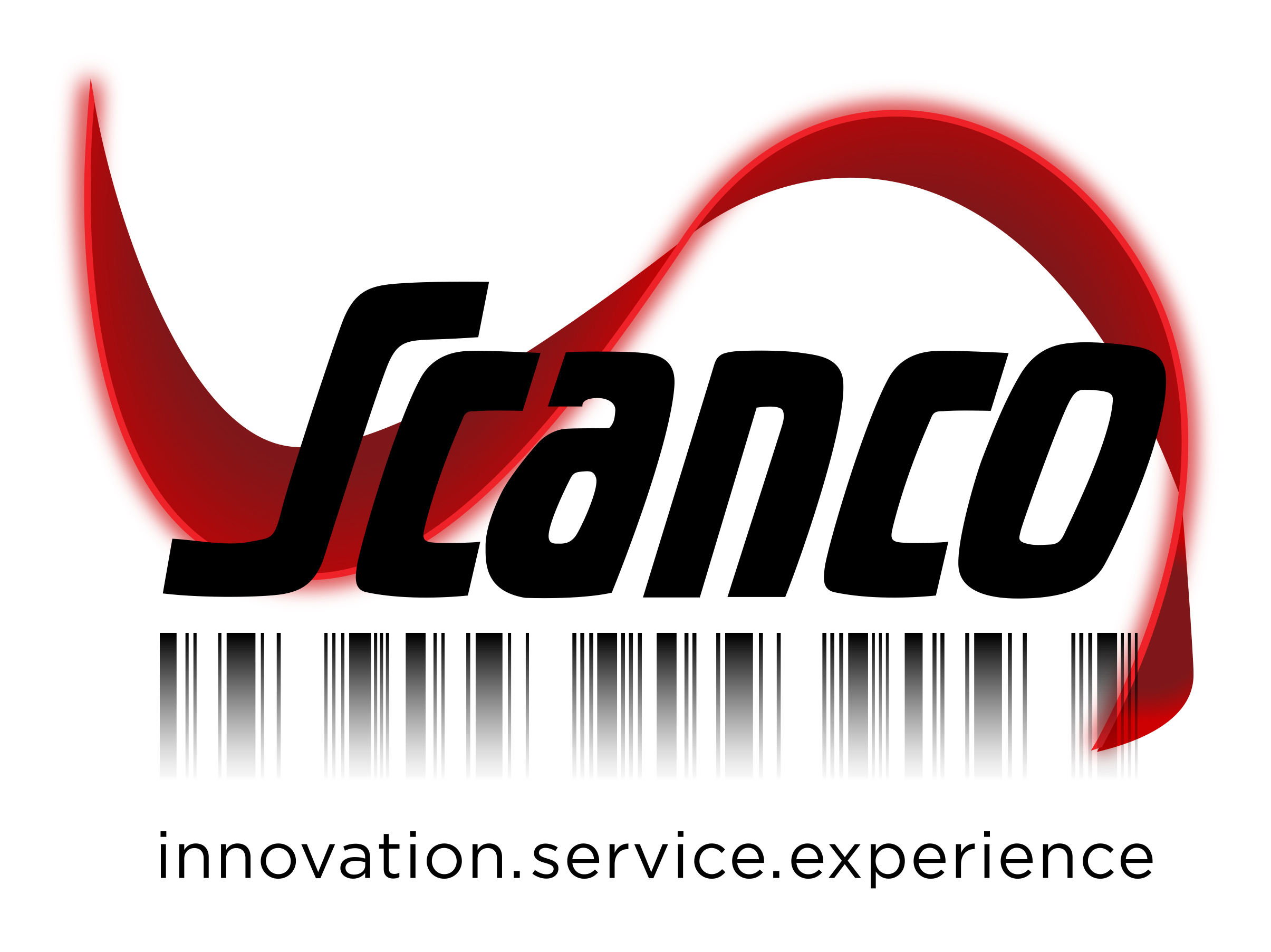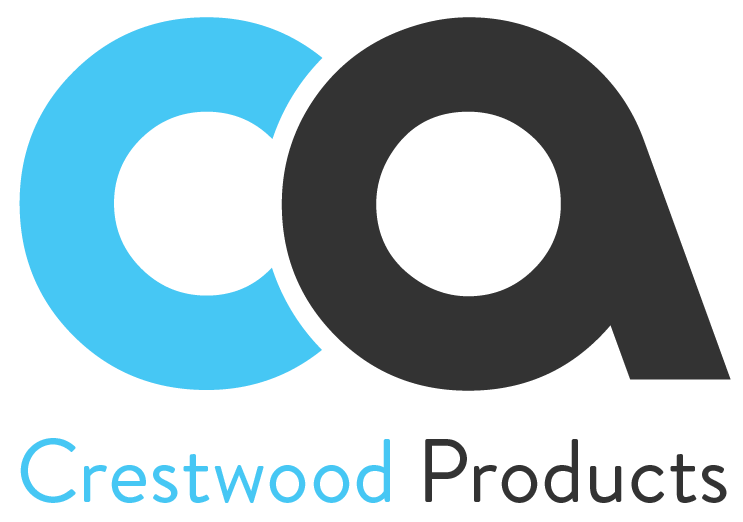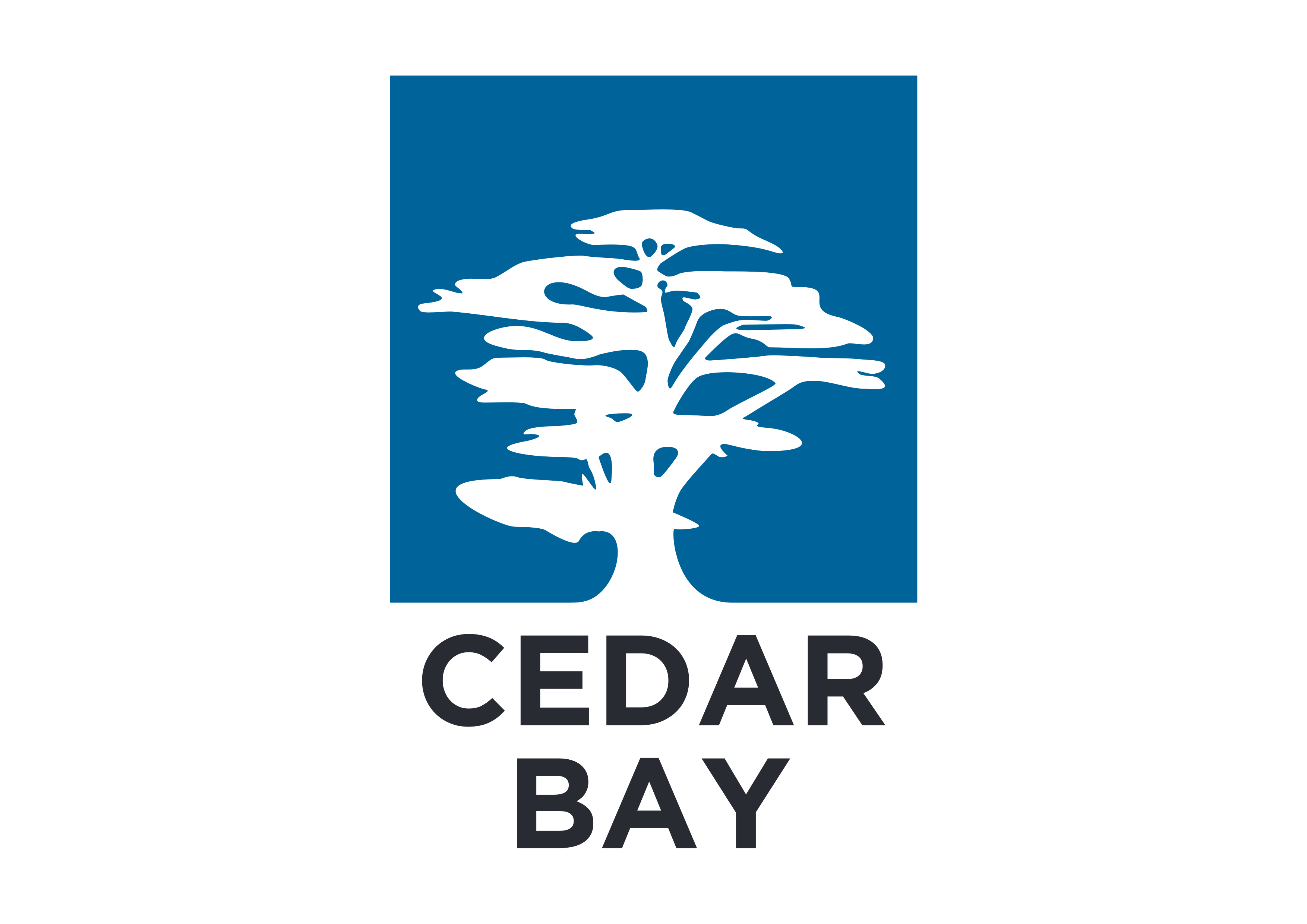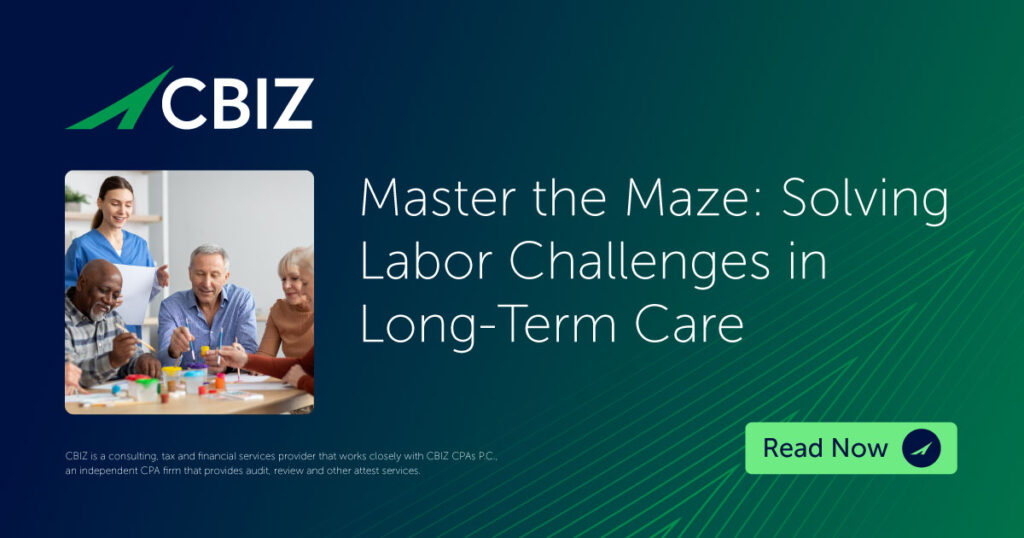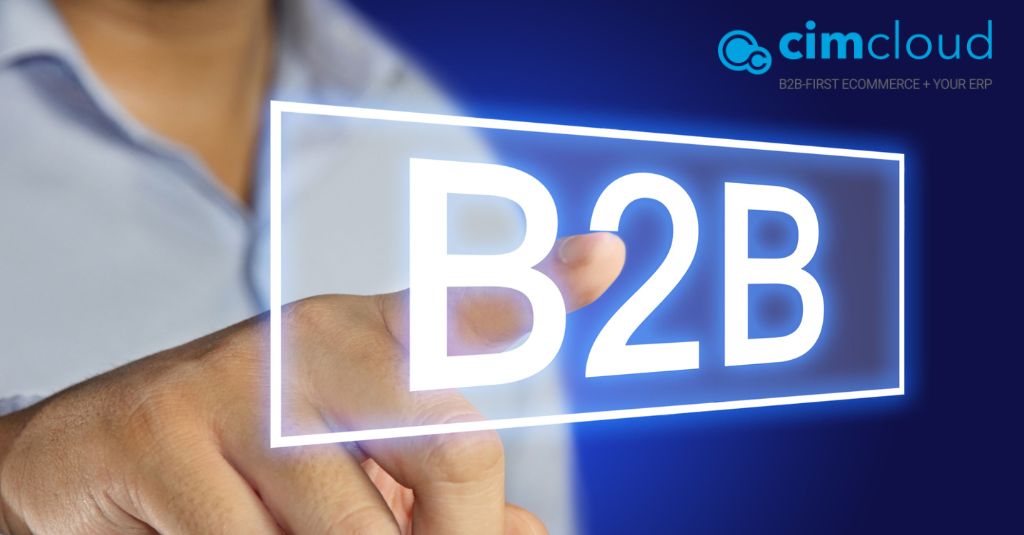How ERP & HCM Solutions are Paving the Way Forward
Distribution companies must be able to pivot and adapt quickly to changes and challenges. In today’s fast-paced digital landscape, this isn’t just a handy skill to have; it’s the new cornerstone of success – even survival for some.
So, why has adapting become more significant, and how can distributors achieve this? Let’s examine.
What’s on the Horizon for Distribution Companies?
According to sources like “Modern Distribution Management,” the key to success for distribution companies in 2024 is all about managing rapid adaptation. Wherever you look, the commentary is a variable of the same message: agility, innovation, and outperforming competitors in a dynamic market environment.
But after removing the labels and buzzwords, it all boils down to the people: your customers and employees. What does their experience with you look like? Can they count on you?
The answers we see played out the most are along the lines of, “We think so,” “It depends,” or, “We’re doing our best.” Although these answers are relatable, the fact is that being unreliable affects your bottom line.
If this is your answer right now, you’ve probably come to the conclusion it isn’t the best position for your business to be in. You want to be more reliable, you want your business to grow, and you want your employees and customers to be able to depend on you. So, it makes sense to search for answers.
Although other industries face some of the same challenges, let’s unpack the options for distribution:
Distributors are Mitigating Risks and Building Reliability
Market volatility and supply chain disruptions are still real threats. Whether a product you needed was out of stock or it cost a lot more than you previously paid, you have probably experienced the fallout from supply chain or volatility issues on a consumer level.
Of course, behind the scenes, distributors know there’s much more to it than what happens at the point of purchase. From updating digital technology to improving operational efficiency and facing the consequences of geopolitical issues beyond their control, the pain points for distributors are undoubtedly vast.
Regardless of the reason, no matter how good it is, when demand isn’t met and consumers are unhappy, the blame gets passed up the chain to the distributors. The risk of losing clients and sacrificing a reliable reputation is real enough for both B2C and B2B distributors to start making changes if they haven’t already.
Anybody who has worked in distribution knows that this plan rolls off the lips much easier than the task is carried out. Consequently, the ability to adapt efficiently is foundational for distributors facing these challenges.
How can you adapt and be reliable?
Of course, there’s no magic button to push that will automatically make everything better. However, in response to the growing need for rapid adaptability, distributors are developing survival tactics to mitigate risks and build a reputation of reliability both inside and outside their organization. At the top of the list of strategies are:
- Broaden offerings and diversify their supplier base to mitigate risks and build reliability for their clients.
- Implement ERP solutions to improve operational efficiency and financial outcomes.
- Integrating Payroll and HR Solutions with their ERP to address attracting, training, and retaining their top talent. (Read more about how Payroll and HR solutions boost efficiency for distributors.)
Does this list sound impossible?
If you think so, don’t feel left out. If you’re not familiar with the capabilities of an ERP, it’s a natural reaction. An ERP created for distribution will help modernize your warehouse and address supply chain management and distribution flow with the digital tools you need on a daily basis and for better long-term outcomes.
By using a cloud-based ERP & HCM to streamline operations and get real-time data, businesses can keep up with the ebb and flow of demand and stay ahead of market twists and turns. So, when distributors need to pivot or scale, deeper insights gained from real data are at their fingertips.
In short, cloud-based ERP & payroll solutions are the flexible solution that can meet you where you are and help you get where you want to go.
“Users can get real-time information according to their specific profiles and make decisions for their daily activities with more autonomy and accurate information…”
– Client Testimonial
Here’s an example of a real company making changes to adapt. Check out the case study from Dakota Red to gain some insight into the possibilities an ERP & HCM can bring to your organization.
We’ve covered the first two strategies, but the last one may be the piece of the puzzle you’re missing.
How does attracting, training, and retaining top talent contribute to adaptability?
People are an important part of the equation. Because of the focus on digital transformation and modernizing systems, it’s easy for distributors to fail to recognize the importance of the people involved, and they’re suffering the consequences. So, maybe the answer can be better understood by answering another question first…
How can distributors adapt to address challenges quickly and effectively when they lack a skilled workforce to help do so? Granted, technology is important, even necessary, but the people who use it are an irreplaceable piece of the puzzle in any industry.
In February, Forbes shared data from the ManPowerGroup that touted soft skills as the hardest for employers in any industry to find. Among those were communication, teamwork, accountability, and reliability. The technical skills that are the most difficult to secure are information technology and data, engineering, sales and marketing, operations and logistics, and manufacturing and production.
As you can see and may have experienced, finding qualified new hires with the skill set to do the job is a challenge for distribution companies. This is why there’s a push to improve engagement and retention with current employees to maintain a solid foundational team with the skills and experience to do the job well.
A Payroll and HR solution that seamlessly integrates with your ERP can help you take care of your employees from pre-hire to retirement. From making a positive first impression to easy benefits enrollment, self-service HR tools, and professional development, Payroll and HR technology solutions can help you easily and effectively get the job done.
Think about this:
As we mentioned earlier, business boils down to the people: your customers and employees. Take a minute to look at your organization from their perspective and answer these questions:
- What does their experience with your organization look like?
- Can they count on you?
Depending on your answers, it could be time to adapt. That’s what your competitors are doing.
Learn more about how Payroll and HR solutions can benefit your business and support your team from Workforce Go.
